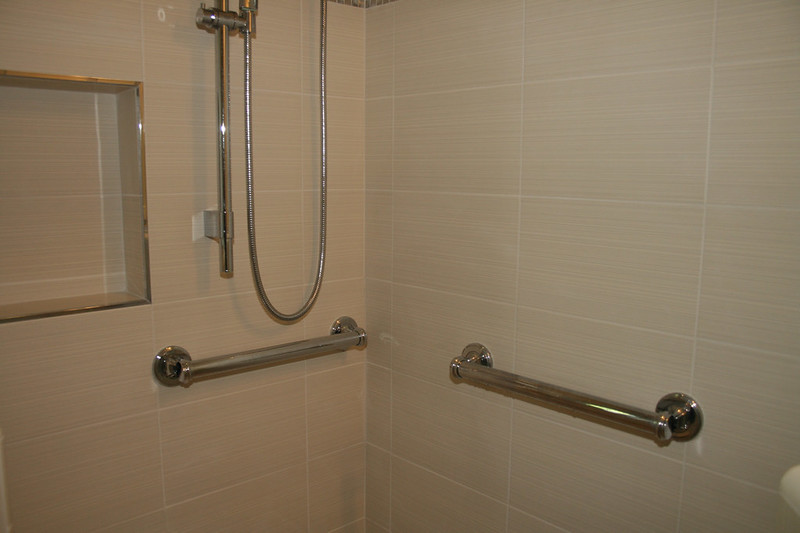You might be wondering why a Yank like me is writing about multiple sclerosis care in the United Kingdom. It’s because a survey caught my eye the other day that I think deserves a closer look.
The survey, conducted by the MS Trust alerts us to what could be a serious problem for people with MS in the U.K.: Caseloads for nurses who specialize in MS care rose significantly from 2018 to 2021. That’s significant because those nurses are usually a patient’s first stop for MS treatment in the U.K.
The survey of 133 MS specialist nurses in the U.K. shows that MS specialist nurse teams there saw more than 140,000 patients in 2021, up from just under 108,000 three years earlier.
Though the number of these nurses has also increased slightly over that time — from 292 in 2018 to 360 in 2021 — the mean patient caseload for each full-time nurse has risen from 391 to 472 during the same period. This patient load is 50% higher than what the MS Trust considers to be the threshold for “safe, high-quality” care.
A UK view of MS nurses
I asked fellow MS News Today columnists and U.K. residents Beth Shorthouse-Ullah and John Connor what their MS nursing care has been like.
Beth writes that after she was diagnosed, she saw her MS nurse nearly every month because she was having exacerbations that frequently. These days Beth contacts her nurse by email whenever it’s necessary, and she usually gets a quick response. It’s easier than booking a full appointment every time she needs help.
Beth finds that she can be treated with steroids within a week if she’s having a relapse.
But she also notes: “The sad thing is I think I’m lucky. I can say it’s because I was a unique case, but I just think I hit gold with [my MS nurse].”
John says he sees his MS nurse every six months. But if he’s having a specific problem, he can phone her and get a quick response. He also sees his MS neurologist every six months.
Are they luckier than most?
It looks as if Beth and John may indeed be fortunate. The MS Trust recommends a limit of 315 patients for each attending MS nurse. That’s below the number of patients (391) each nurse had in 2018, and far below the number in 2021 (472).
“This inevitably means that MS specialist nurses are having to leave work undone and will be unable to meet all the needs of every [patient] on their caseloads,” the report concludes.
Fortunately, this doesn’t seem to be the case for my two colleagues. Beth thinks she may be receiving good care because she’s learned how to navigate the MS highway like an expert. John feels his background in journalism may have helped him to obtain better responses from his MS care team.
Better in the US?
This isn’t much different from what some of us go through here in the U.S. The squeaky wheel usually gets the care. Of course, in the U.S., money also helps grease the skids. Those who can afford to pay for top-notch care — and the insurance to cover it — are more likely to receive it than those who aren’t as well-off. This shouldn’t be the case, right?
I wonder what we should expect first: Will healthcare officials in the U.K. find the cash to hire more MS nurses or will U.S. lawmakers create a system that will make excellent MS healthcare available to all? Or neither?
A version of this post first appeared as my column on the MS News Today website.



